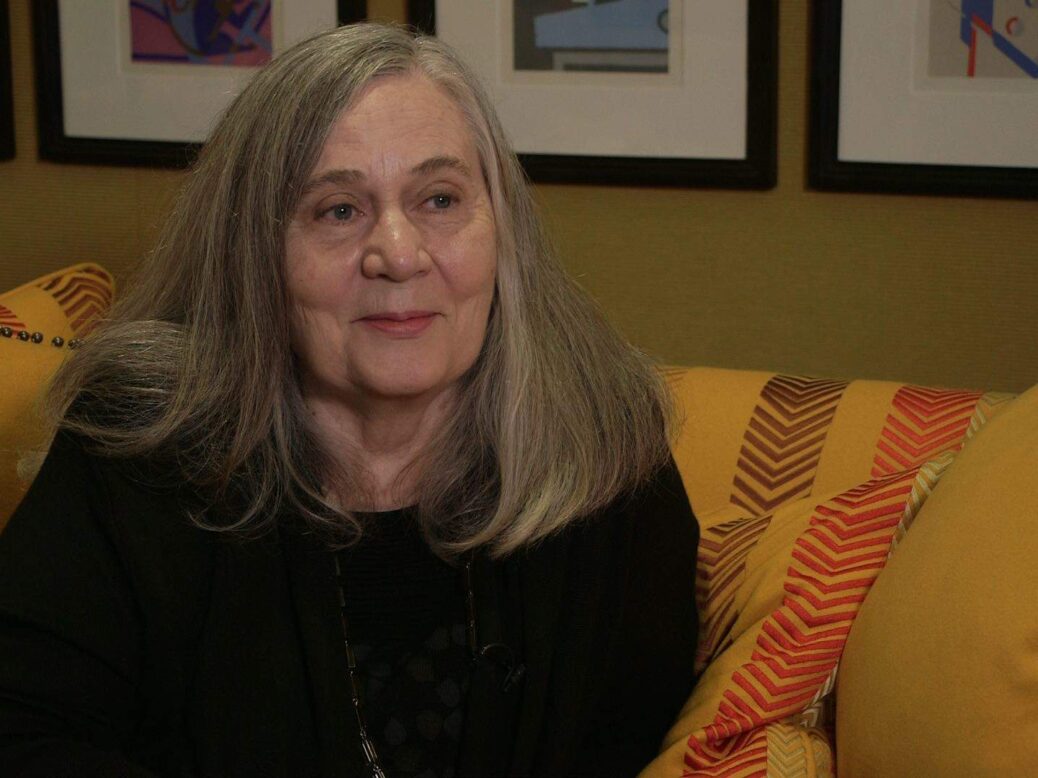
Marilynne Robinson was born in Idaho in 1943. She is the author of four novels, published over a period of thirty-four years, and four works of non-fiction. Her most recent novel, Lila, tells the story of a migrant worker who, after many years on the road, winds up in a small Iowan town named Gilead where she settles and marries the local Congregationalist minister.
The premise may seem a little sedate – I can’t remember now how I first came by Robinson’s work, but I doubt it was simply by reading a blurb – and yet the result is nothing of the sort. In both her fiction and essays, Robinson is intellectually fierce. She is critical of ideas which she feels restrict and impoverish our thinking. She has called for a return to optimism, to a more liberal understanding of history, free from common “systems of cliches that have the odd tendency to not simply change the meaning of things, but actually reverse the meaning of them”, to a conception of the self which exceeds any single system of thought and an appreciation of our unique potential as human beings.
“I’m very struck by the brilliance of people,” she told me on a recent trip to the UK. “I have absolutely no sense of what the actual resources of my mind are until I make some attempt to call on them.” Between events in London and Cambridge, I spoke to Robinson about the creation of her characters, about goodness, belief and fallibility – “I think people who don’t know that they have a bias in the direction of error are crazy, they’re dangerous” – the uncanny qualities of water and the privilege of solitude.





